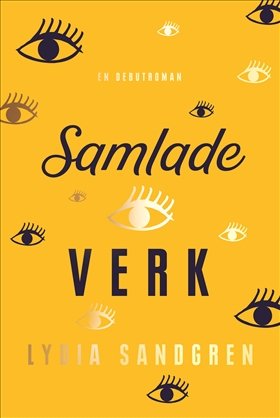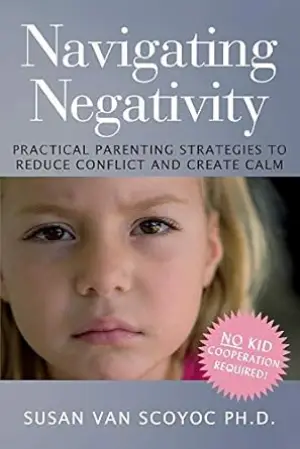
31 Aug Book Review of Samlade verk
Exploring the Veil of Memory: A Review of "Samlade verk" by Lydia Sandgren
When I first laid eyes on "Samlade verk" by Lydia Sandgren, I was instantly drawn in by its intriguing premise and the exploration of memory—a topic that resonates deeply with all of us. The book promises a canvas painted not only with the vibrant strokes of human relationships but also with the faded colors of nostalgia, loss, and the search for truth. As a book blogger, I often find myself captivated by novels that entertain while also prompting deeper introspection, and Sandgren’s work certainly delivers on both fronts.
The plot centers around Cecilia Berg, a notable historian and translator who mysteriously vanished fifteen years ago, leaving her husband Martin and their two children grappling with unanswered questions. Their seemingly idyllic life takes a turn when their daughter Rakel discovers a novel featuring a character that uncannily mirrors her missing mother. This moment ignites her quest for clarity, not only about Cecilia’s disappearance but also about the tapestry of memories that bind their family.
One of the captivating elements of "Samlade verk" is its profound contemplation on human memory, encapsulated beautifully in the line, “Human memory is unreliable… An individual’s life story was a morass of fragmented recollections.” This sentiment becomes a guiding thread through the narrative, allowing readers to reflect on the nature of their memories as they intertwine with the characters’ lives. It begs the question: Can we ever truly understand someone else’s story, let alone our own?
Sandgren excels in character development. Martin’s struggles with creativity, alongside his friendship with the enigmatic painter Gustav, form the heart of the story. The nonlinear storytelling may catch some readers off guard with its abrupt shifts between past and present, yet it evokes that very fragmentation of memory that the book seeks to explore. While I appreciated the depth of the characters and the nuanced relationships within the family, I found myself at times struggling to fully engage with their journeys. The pacing felt slow, at over 600 pages, and certain sections felt repetitive, leaving me yearning for a tighter narrative.
In terms of prose, Sandgren’s writing is lush and descriptive, capturing the essence of personal and artistic reflection. I often found myself savoring her word choices, even if they delayed the story’s forward momentum. The discussions of art and literature are particularly rich, inviting readers to linger on their emotional and philosophical implications—an experience that, while somewhat meandering, ultimately enhances the thematic depth.
Though the ending struck a chord of abruptness, leaving me with lingering questions about Cecilia’s fate, it aptly reflects the complexities of life and memory. Perhaps it’s a reminder that some narratives remain forever fragmented, much like our own.
I would recommend "Samlade verk" to readers who enjoy introspective literature steeped in philosophical musings about family, creativity, and the ephemeral nature of memory. If you appreciate character-driven stories that challenge your perceptions while gently nudging you towards deeper understanding, this novel will resonate with you. It certainly left me pondering long after I turned the last page, a testament to the enduring power of Sandgren’s prose. Thank you, Astra Publishing House and NetGalley, for the eARC—this journey into the labyrinth of memory has been as perplexing as it was enriching.
Discover more about Samlade verk on GoodReads >>









